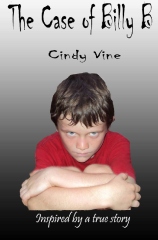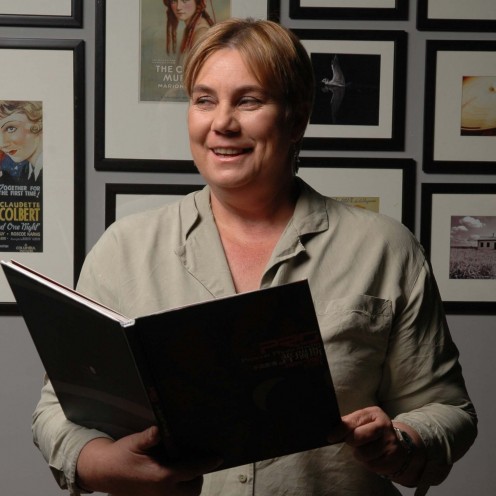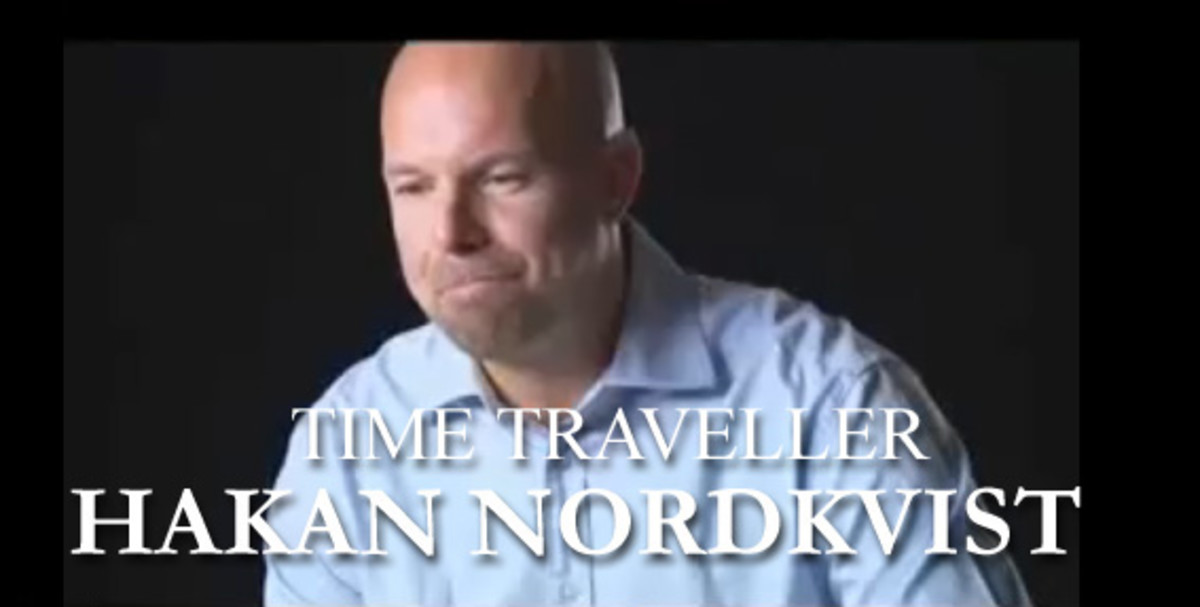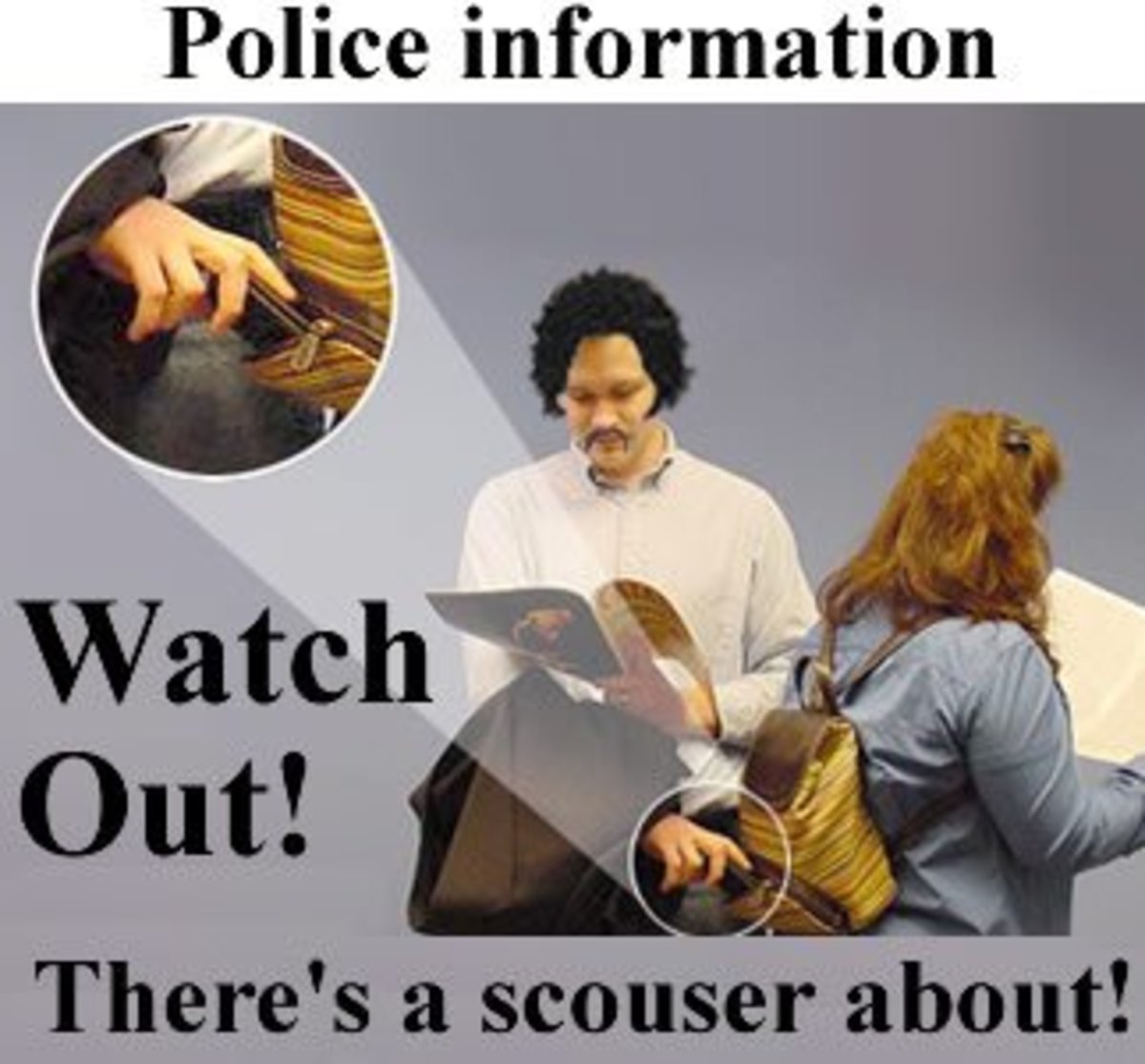Writing Tips for Aspiring Authors



Fear, Phobias and Frozen Feet
Stop the world, I need to pee!
The Case of Billy B
These days anybody can write a book and get it published. The days of sending off query letters to hundreds of busy literary agents, praying fervently that one of them will notice your query, are long over. They are a dying breed, those uppity agents. Now you can publish a print on demand book for free. You get those vanity presses and self-publishing houses who charge an outrageous amount, but then you get Lulu and Createspace who charge you nothing. You pay only for your proof copy plus postage. And you know what? The quality ain’t half-bad either. They look like the real thing. The only bad thing is, is that you have to do your own marketing, and boy is that hard work! Of course, maybe you don’t want to sell your work, you just want to see your name in print. With self-publishing, you can do it.
You don’t have to be any good or possess natural talent to be able to become a published author. Any fool can do it. Write a book of poetry, a novel, a guide, whatever, and save your files as a PDF then upload them. Use the handy cover creator templates to create your cover, and voila! You have a book you wrote, you are a published author! Click another button at no extra cost, and your book is available for purchase on Amazon. Now, as you can imagine, this is what a great many people all over the world are doing, so Amazon has a huge database of books which are virtually unreadable because they are badly written and complete unadulterated crap. And that’s putting it in a nice way. If you are writing a book to sell and be read, then you need to ensure that it is ranked well on Amazon and comes up in keyword searches. Really, you need to write that book as if you are writing it for a literary agent and traditional publisher. That book has to be as hot as, if you want it to get noticed.
So, you might ask, how the hell do I write an as hot as book? You need to come up with a plan, a basic outline. Some people, reckon they write from the heart and have no plan. It just flows. Yeah, like the tears down my cheeks when I try and read that crap. Seriously, you need a plan otherwise you’ll go off on tangents so that even you’ll get confused. With my latest book, ‘The Case of Billy B,’ I had a basic plot, and most importantly, I had a problem. Every novel has a problem, a dilemma, something that causes tension that builds up to a climax, and then the conclusion. Without a proper plan, you won’t be able to pace the book properly to reach the climax at the right time. A liken it to sex and how unsatisfying it is to reach climax too early. It’s the same in a book. You have to have a build up the anticipation, the longing for that climax before you unleash it with all the passion you can muster. It’s all about the timing. In ‘The Case of Billy B’ I started off with my plan, I knew more or less where I wanted to go. Like when you’re on a long journey. You know the places where you are going to stop to refuel, buy dinner, spend the night etc. I knew the main points of my story, what happens in between them I had no clue in the beginning. That’s when you can let your creativity take over. I had a father and a son, the mother abandons them, father finds it difficult, moves states and gets another job, caregiver turns psycho, abuses son, stalks father, he has to make a decision. I didn’t know what decision then, but that was my basic outline. I did quite a bit of research to make sure I had facts right and my settings were authentic, and then I just ran with it and the story developed a life of its own as it steamed along to the landmark points in the story I’d identified in my outline. Planning is crucial.
Then of course, there’s discipline. So many people have a book in them, start to write it and never finish it, because they lack discipline. My first book was a self-help one about breaking the cycle of bad relationships in your life called ‘Fear, Phobias and Frozen Feet.’ That took me far longer than it should have as I was anything but disciplined when I wrote that. I worked on it when it crossed my mind. Towards the end, I suddenly got very disciplined and when that happened, the writing just flowed, so much so, that I then went back and rewrote a lot of the earlier stuff. I also find that if I work out a catchy title first and then always refer to the book I’m working on by its title, it seems more real and then it’s far easier to be disciplined. Now you might be asking, what the hell do you mean by being disciplined? I mean, setting aside a certain time every day to work on your book. Or, it can be a certain word goal for the day. But then, you have to stick to it. That’s being disciplined. With my novel ‘Stop the world, I need to pee!’ I tried to write a page a day, and most days I wrote more. A page was my minimum, and I did it. I found myself writing during tea breaks and lunch breaks, and every night before going to bed. Even if I’d been out on the town, and only returned home at 2am, I’d make sure my page was written before going to bed. That is discipline. You have to decide, how much do you want to succeed, and then you have to take a risk and just go for it. ‘The Case of Billy B’ took me longer than I’d liked, when I put my writing on hold to move continents, countries and jobs, but once I took up the slack again, I became very disciplined, trying to write a minimum of 1200 words a day.
If you want your book to be readable, don’t use too many adjectives and adverbs. Being overly descriptive places you in the elementary school category where you have to write descriptive paragraphs showing that you understand adjectives. There is a way to describe the setting without using many adjectives, and the way to learn how to do that, is to read books of authors who do it well. To write dialogue successfully, you need to imagine the conversations taking place in your head, and write down what you hear the people say. You have to make the dialogue as authentic as possible. If it’s a ten year old talking, they have to sound like a ten year old. It’s no use having a ten year old pontificating about something most ten year olds wouldn’t know about. Read some of your favourite authors and see how they handle dialogue and try and avoid too many ‘he said’ and ‘she said.’ That gets tedious after a while. Try and limit your adverbs to one or two per page.
Another great tip is to turn off your inner editor. When I start to write, I just continue without looking back and editing until the end of the story. Otherwise, you’ll be revising and revising until you’ve forgotten what it was you wanted to write in the first place. Editing and revising as you go along also interrupts your train of thought, and makes you discouraged and stop believing in yourself. It’s best to get the whole story down on your computer from beginning to end, the whole unedited raw first draft, before you re-read and see what changes you want to make. Which brings me to my next point, find yourself a critical friend, someone you trust who can be honest and knows a thing or two about language structure tenses etc. For ‘Fear, Phobias and Frozen Feet’ and ‘Stop the world, I need to pee!’ I had a good friend do the editing for me. As I completed each chapter, I would send it off to him and he would send each chapter back to me edited. I would glance through his suggestions, and apply some of them to subsequent chapters, but I would hold off making any grammar and spelling corrections until I had completed my first draft. When I was ready to start revision I would work each chapter at a time going through the suggestions and corrections and making any necessary changes. I find that having a critical friend read my work and make valid suggestions helped to keep me motivated. If I got stuck with an aspect of the plot, I could chat with him online, and because he was familiar with the story, we could have in-depth discussions about the characters and their actions. He was a Godsend. In ‘The Case of Billy B,’ besides my friend editing each chapter as I went along, I also had Charlie (Ralwus) from Hubpages. This worked really well for me, so my advice is, find yourself a critical friend. In the current novel I’m working on, ‘Not Telling’ besides my old editor friend I’ve also joined a writer’s group and the critiques and suggestions I get from the writing group members are so valuable to my writing. They work together to help me to improve. If you can connect with a writer’s group, I highly recommend it.
My other advice to you is to write about something you know. Don’t have your heroine a forensic anthropologist like Temperance Brennan in Kathy Reich’s Bones series, when you think the spatula is a bone in your body. Incidentally, a spatula is a cooking utensil; the bone you’d be looking for would be a scapula. If you’re writing about a detective then you need to know about detectives, how they walk, talk, live, love and work. Don’t write about a village of fly fishermen if you’ve never left the city and the closest you came to a fish is the picture on the label of a can of cat food. You’ll find that if you write about what you know, the writing will flow, you’ll gain in confidence and you’ll feel more comfortable about the whole writing process. Once you’ve become a confident writer, you can start researching and writing about unknown topics.
Lastly, like an athlete training for the Olympics has to practise every day, so must you practise your writing craft. You have to train hard to become a good writer, a bestselling author, one who is ranked highly on Amazon. Don’t limit your writing to your novel, write whenever you get the opportunity. Keep a blog, you can read mine on cindy-vine.blogspot.com, write articles and Hubs for writing sites like Hubpages, join a writing group, take part in NaNoWriMo in November, and write like there’s no tomorrow. When you read a book, read it with a critical eye, does the author’s dialogue work, how do they set a scene, do transitions etc, learn from them. Train hard and keep yourself fighting fit. Writing is hard work, it’s not a quick money-spinner. The chances of you being noticed and becoming a bestselling author are slim, there is just so much competition out there, but that doesn’t mean you can’t try, perfect your craft, and aim for the stars!







